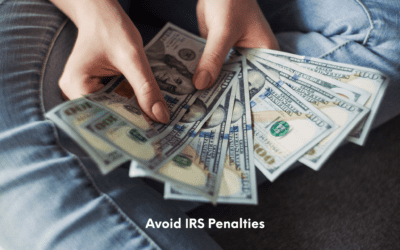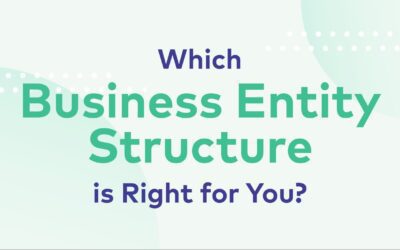The Tax Benefits of Owning a Home
One of the main reasons people purchase a home is the psychological satisfaction in owning a home. Not only can owning a home be rewarding in its own right, owning a home can sometimes provide significant tax benefits. Home ownership is sometimes a great tax planning strategy.
Points, Property Taxes, Mortgage Interest and Some Escrow Items
In the year of purchase several items paid through escrow may be tax deductible. Points paid on the purchase of a new home are fully deductible in the year of purchase or if purchased late in the year, the points may be amortized in subsequent years. These points are generally identified on the escrow statement as “Loan Origination” fees. Other escrow items may also be tax deductible in the year of purchase. These may include real estate taxes or mortgage interest paid through escrow. Generally, the points and the mortgage interest paid through escrow are reflected on the annual Form 1098.
Because every year there are two items that may be deducted when itemizing deductions, owning a home will often decrease the amount of income tax liability. Real estate taxes and mortgage interest are tax deductible, and can be quite substantial depending upon the cost of the home and the amount of the mortgage. Every year the mortgage company will issue a Form 1098 reporting the amount of mortgage interest and/or real estate taxes paid for that year. If not found on the Form 1098, you may have received your real estate tax statements in the mail, or, they can often be looked up on your county’s website. Whether impounded or paid separately, real estate taxes can be deducted as an itemized deduction each year.
SALT $10K Cap Limitation
However, since the Tax Cuts and Jobs Act (“Tax Reform”), there is a $10,000 limit to deducting the sum total of real estate taxes combined with state income tax deductions (or the optional state sales tax). For some people this means a smaller real estate tax deduction starting in 2018.
Also to be considered with Tax Reform, is the increase in the standard deduction. Because most people can choose between the HIGHER of itemized deductions or the standard deduction, some homeowners no longer benefit from itemizing at all. That means no income tax benefit from mortgage interest or real estate taxes. This is especially true for married couples with modest homes. Note: In some cases, even if taking the standard deduction on the 1040, homeowner’s deductions may still be of tax benefit on the state income tax return.
For many homeowners, there are still significant tax benefits from home ownership, which lower a taxpayer’s overall tax bill—often for years to come. Some taxpayers may decide to have less tax withheld from each paycheck. Depending on how large a tax refund is desired, a tax advisor can help calculate the proper number of withholding allowances to claim.
First Time Home Buyer Retirement Withdrawal
Although it is never a good idea to withdraw funds from retirement savings before reaching retirement age, first-time homebuyers can take advantage of an exception to the 10% early withdrawal penalty (before age 59 ½). First-time homebuyers can withdraw up to $10,000 from an IRA account without incurring the 10% early-withdrawal penalty. However, income taxes must still be paid on the funds withdrawn. Although never recommended, while 401(k)s do not qualify for the exception to the 10% penalty, certain plans allow borrowing from a 401(k) to help purchase a home.
While history demonstrates that real estate tends to be a sound investment, buying a home is rarely profitable unless the home is owned long-term. Over time, if real estate appreciates, the equity in a home increases.
Section 121 Exclusion
When it comes time to sell a home, if certain criteria are met, there are special tax breaks if there is a gain from the sale. Taxpayers are allowed to exclude tax-free up to $250,000 ($500,000 if married) of the gain on the sale of their home. The seller(s) must live in the home for two out of the previous five years (there are certain exceptions to this rule).
The tax information explained here is a brief overview of the tax advantages of owning a home. Since there are many complicated tax issues involved, you should always consult with tax professional before buying, selling, or refinancing a home.
As always, feel free to contact our office if you have any questions.
Publication 530 (2021), Tax Information for Homeowners | Internal Revenue Service (irs.gov)



